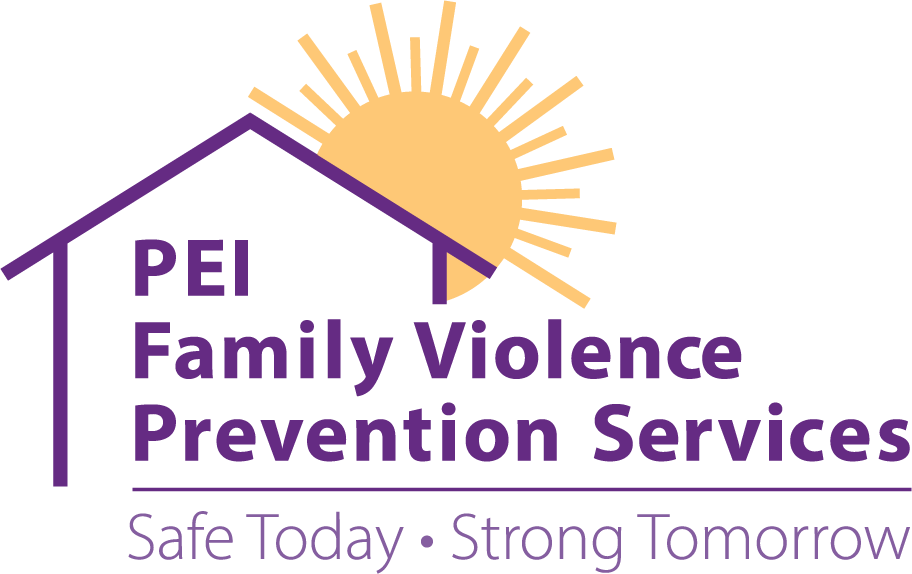Forms of Abuse
Physical Abuse
Physical abuse is any act of violence on the victim, and can include the following:
- slapping
- kicking
- shoving
- choking/strangulation
- pinching
- forced feeding
- use of weapons (guns, knives, or any object)
- reckless driving
- physical restraint – pinning against wall, floor, bed, etc.
- pulling hair
- punching
- throwing things
- burning
- beating
Threats
However, many threats are not physical but are part of the ongoing emotional abuse. The abuser may threaten to ‘disappear’ with the children, report their partner to Social Services as an unfit parent or “have you locked up in a mental institution”, harm someone else (like a family member or pet), or commit suicide. Whether the threats are of a physical, sexual, or emotional nature, they are all designed to further control the victim by instilling fear and ensuring compliance.
Sexual Abuse
Coercion or manipulation in the form of threats, emotional, or psychological abuse may also be used, leaving the victim to submit to unwanted sexual acts out of fear or guilt. The abuser may insist on sex following a physical attack for the victim to ‘prove’ forgiveness. Whatever form of coercion is used, be it physical, financial, or emotional, any sexual act which is not based on mutual consent constitutes sexual abuse.
Sexual abuse can involve any of the following:
- excessive jealousy
- calling you sexually derogatory names
- criticizing you sexually
- forcing an unwanted sexual act
- forcing you to strip, or forcefully stripping you
- sadistic sexual acts
- withholding sex and/or affection
- using practices you are not happy about (e.g. using porn or sex toys)
- minimizing or denying your feelings about sex or sexual preferences
- forcing sex after physical assault
- using coercion to force sex
- taking unwanted sexual photos, sharing these with other
- people/internet without your consent
- forcing you into prostitution
- forcing sex when you are ill or tired
Marital Rape
When no actual physical violence was used (i.e., coercion or threats only) many abusers will deny that rape has occurred and treat the abuse as though it was consensual. This has the effect of further confusing the victim as to the reality of the experience.
Emotional/Psychological Abuse
Isolation can be a part of emotional abuse. The abuser will control whom the victim sees or where the victim goes. This includes interfering with the victim seeing family or friends or using anger or guilt to control who the victim sees. Many abusers justify their control over their victim by stating that it is proof of their love, or that they worry about their safety when out, etc. The effect of isolation is that the victim feels very alone, doesn’t have anyone to question this behaviour, and is ultimately more dependant on the abuser for all needs.
Forms of Isolation include:
- checking up on you
- accusing you of unfaithfulness
- insisting on moving to an isolated area
- ensuring you lack transport or a telephone
- making your friends/family feel uncomfortable when visiting so that they cease to visit
- preventing you from working
- punishing you for being late home from work by complaining, bad moods, criticism, or physical abuse
- not allowing you to leave the house on your own or taking away your passport
- demanding a report on your actions and conversations
- not allowing any outside activity
- finding fault with your friends/family
- insisting on taking you to and picking you up from work
Verbal Abuse
- yelling or shouting
- making threats
- insulting the victim or the victim’s family
- being sarcastic, mocking or criticizing interests, opinions or beliefs
- humiliating the victim in private or in company
- sneering, growling, name-calling
- withholding approval, appreciation, or conversation
- laughing at or making fun of the victim
- leaving nasty messages
- blaming the victim for other abusive acts
Financial Abuse
Financial abuse can include the following:
- preventing the victim from getting or keeping a job
- having to account for every penny spent
- denying access to cheque book/account/finances
- demanding your paycheques
- spending money that should be allocated to bills/groceries
- needing to beg or commit crimes for money
- not allowing the victim to spend money on themselves or the children
